Many consumers want to buy products made right here in the United States, often due to a combination of wanting to support domestic producers, ensure the security of domestic jobs, and have peace of mind with a high-quality product. Unfortunately, the rapid expansion in imported goods and parts has made it difficult for consumers to determine whether a product is truly “made in America.” Sometimes, a product is advertised as being made in America when only the final steps in the production and packaging processes are done in the United States.
This is currently the case regarding meat, with meatpackers allowed to label poultry, beef, and other products as “Product of U.S.A.” if the packaging of the meat occurs domestically. The animals could have been raised and slaughtered outside the United States, and thus subject to looser environmental and health protections. Fortunately, the U.S. Department of Agriculture is changing its rules to limit the use of the “Product of U.S.A.” designation only to meat where the entire process has occurred within the United States. However, the rule only applies to those producers who voluntarily label the meat.
New Department of Agriculture Rule Should Help U.S. Ranchers
The new rule, announced by Secretary of Agriculture Tom Vilsack, comes after a six-year campaign by farmers, ranchers, and other activists. These activists argue that lax mandatory country of origin labeling (mCOOL) rules advantaged large corporations that can afford to import foreign meat and re-package it. Fortunately for activists, pending legislation would provide additional weight to the Department of Agriculture’s rule. Senate Bill 52, sponsored by John Thune of South Dakota, would reinstate mCOOL requirements for beef. Of similar design is House Resolution 5081, titled Country of Origin Labeling Enforcement Act of 2023.
The legislation, which has been introduced and is awaiting discussion in committees, could strengthen USDA rules by making it mandatory to label all meat products according to country of origin. Assisting small meat producers is listed as one of the goals of the Biden administration to protect the nation’s food supply chains. Should problems befall one or more corporate producers, it is beneficial to have many smaller producers who can continue producing high-quality meat.
Labeling Rule Should be Expanded to Other Products
Although the USDA rule was focused on beef and poultry, seafood is also commonly mislabeled, according to critics. Other homogenous goods, such as agriculture, non-branded foods, chemicals, and petroleum products are also commonly seen in country of origin fraud cases. Exporters may take a lower-quality homogenous good and re-label it as coming from a nation or company whose higher-quality good commands a higher price. Another area of focus is computer chips and their use by defense contractors. Allegedly, these companies were using lower-cost chips from China, which could supposedly either jeopardize performance or be used to spy on the equipment.
The safety of consumers and our defense industry is strengthened when we know where our products actually come from and can decide for ourselves whether to make those purchases. American-made products are renowned for their quality and safety, so we should be able to know that an American-made product is truly, fully produced in the United States.

